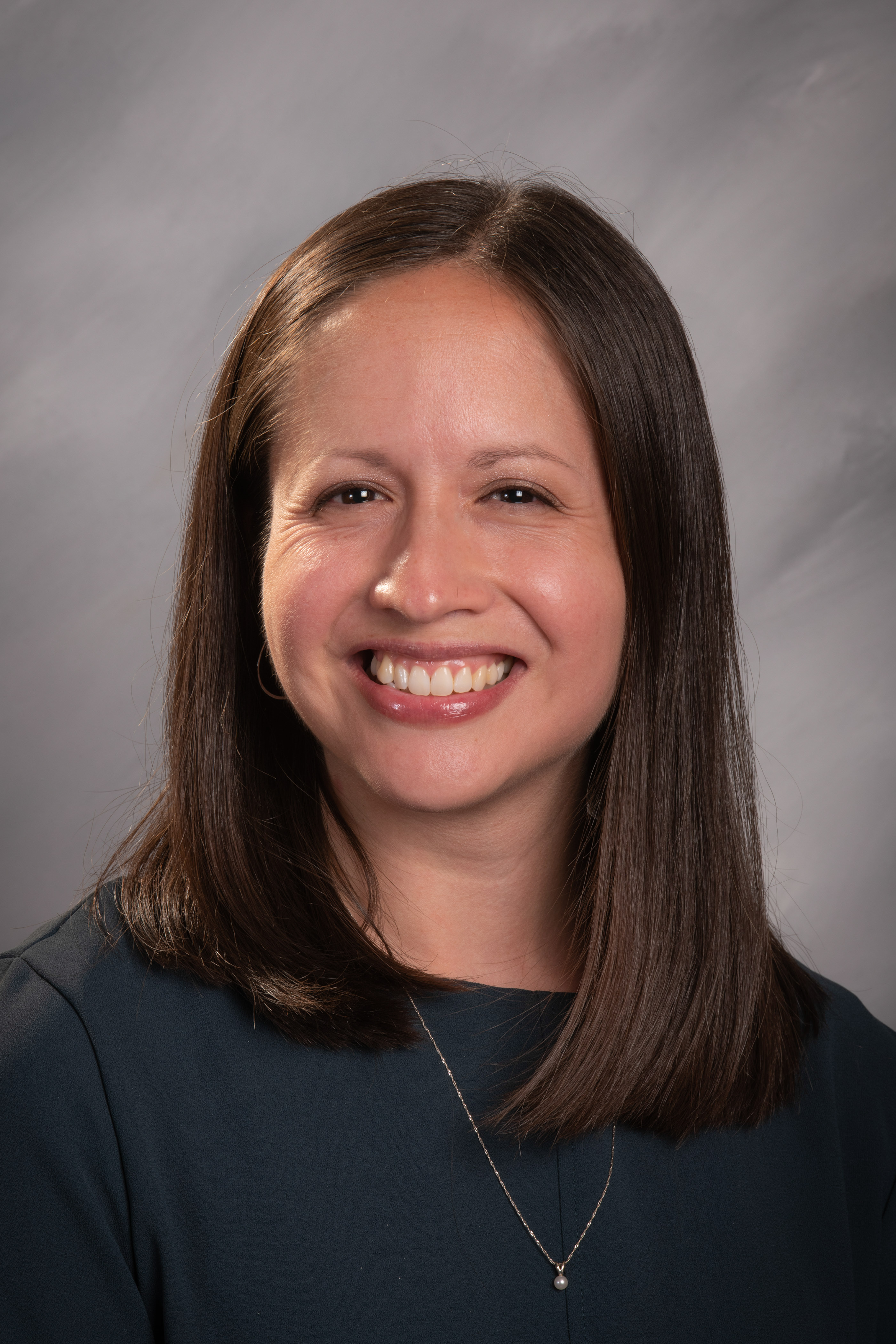Khanmigo: MSU’s work with the UIA Learning Innovation Project
By Maria O'Connell, University Innovation Alliance fellow, Undergraduate Student Success Strategic Initiatives manager, Office of Undergraduate Education
 Over the past year, MSU has been part of the University Innovation Alliance (UIA) Learning Innovation Project, along with 12 other UIA member institutions, with the goal to identify existing learning interventions and help campuses adopt those that are the best fit for their needs, especially those that support inclusive pedagogy, improve student support, and encourage more data-informed teaching and learning. Launched in March 2024, this initiative wraps up this May.
Over the past year, MSU has been part of the University Innovation Alliance (UIA) Learning Innovation Project, along with 12 other UIA member institutions, with the goal to identify existing learning interventions and help campuses adopt those that are the best fit for their needs, especially those that support inclusive pedagogy, improve student support, and encourage more data-informed teaching and learning. Launched in March 2024, this initiative wraps up this May.
MSU’s faculty fellow for this project is Jane Zimmerman, an instructor in the Department of Mathematics. To explore innovative solutions, Jane redesigned one of her MTH 103B courses during spring 2025 semester to pilot the use of Khanmigo, an AI tutoring platform from Khan Academy.
All students in Jane’s two sections of MTH 103B received a free license to use Khanmigo, along with instructions and materials to support their learning. In one section, Jane went a step further and integrated Khanmigo into class activities and instruction throughout the semester. Jane explained she chose this course and technology with a clear purpose: to help address the negative experiences many students have had in previous math courses, experiences that often leave gaps in foundational knowledge and make students less likely to seek help when they need it.
Supporting this work has truly been a team effort, with assistance from Monica Mills, Center for Teaching and Learning Innovation; Caitlin Kirby and Hala Sun, from the Evidence-Driven Learning Innovation team; Stephen Thomas, assistant dean for STEM Education, and myself, in my role as MSU’s University Innovation Alliance fellow.
Some early findings are already giving us great insight. Caitlin Kirby, who has been conducting data analysis, shared that students were far more likely to use Khanmigo when it was part of the course rather than just an optional tool. In fact, students in the integrated section had nearly twice as many interactions with Khanmigo compared to the other section.
We're still in the process of analyzing the data, especially around course outcomes, but the early signals are promising. In June, we’ll be meeting with leaders from Undergraduate Education to discuss how Khanmigo is being used in other areas and to think together about what this could mean for broader adoption.
Looking ahead to the fall, an additional phase of this project is to hold two faculty focus groups with faculty who teach STEM gateway courses, to explore what learning innovations they are excited about, what supports are needed to improve student success in gateway STEM courses, and what barriers faculty are navigating when it comes to implementing new technologies in their classrooms.
This work has always been about more than just testing a new tool, it’s about understanding what truly helps our students thrive and how we can better support faculty in doing that important work. I’ve genuinely enjoyed being part of this project and am deeply grateful to everyone who contributed. We were especially fortunate to have an outstanding faculty fellow, Jane Zimmerman, whose commitment to innovative, student-centered teaching long predates this initiative.